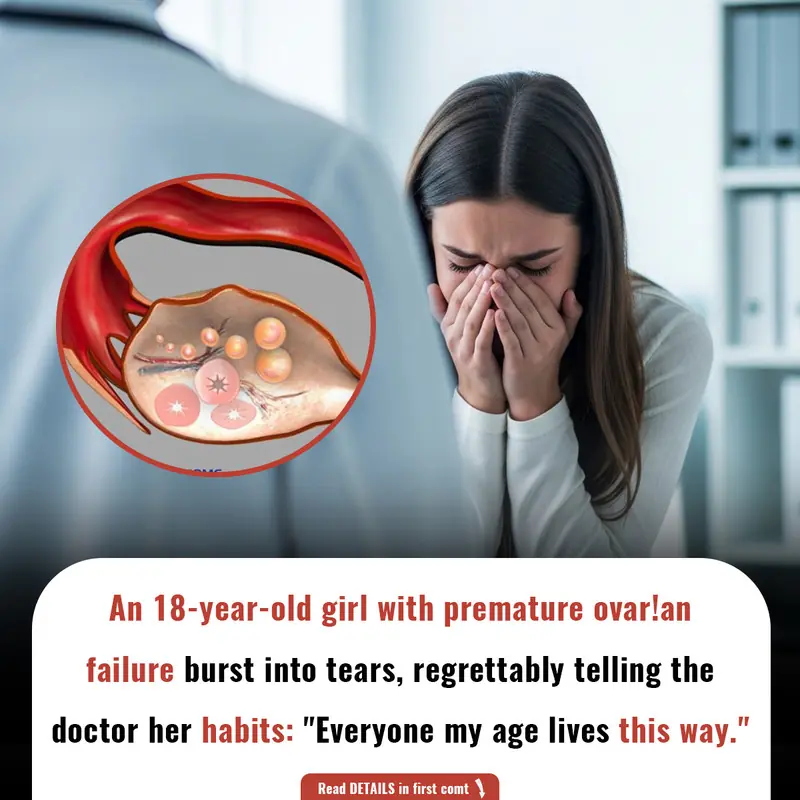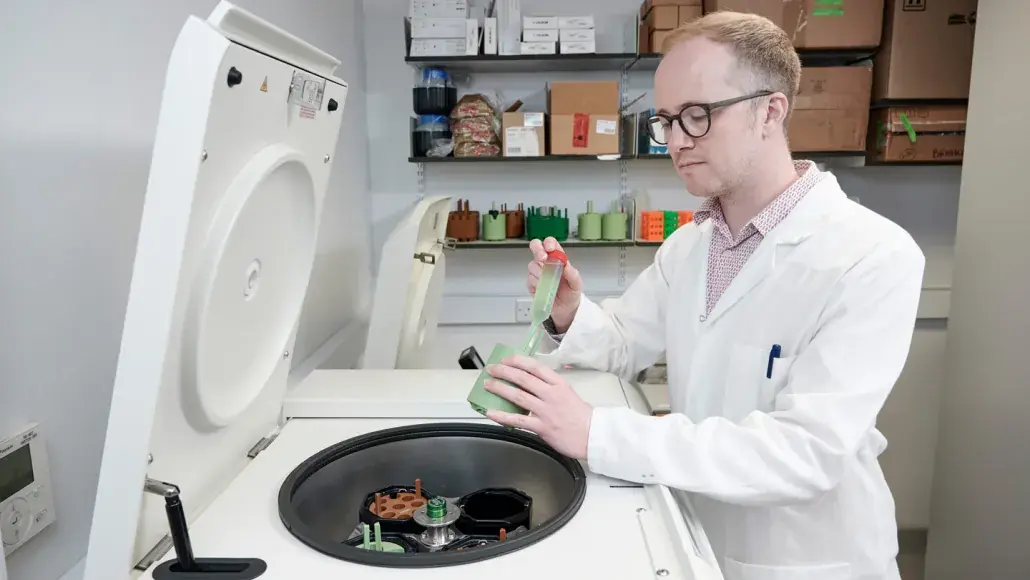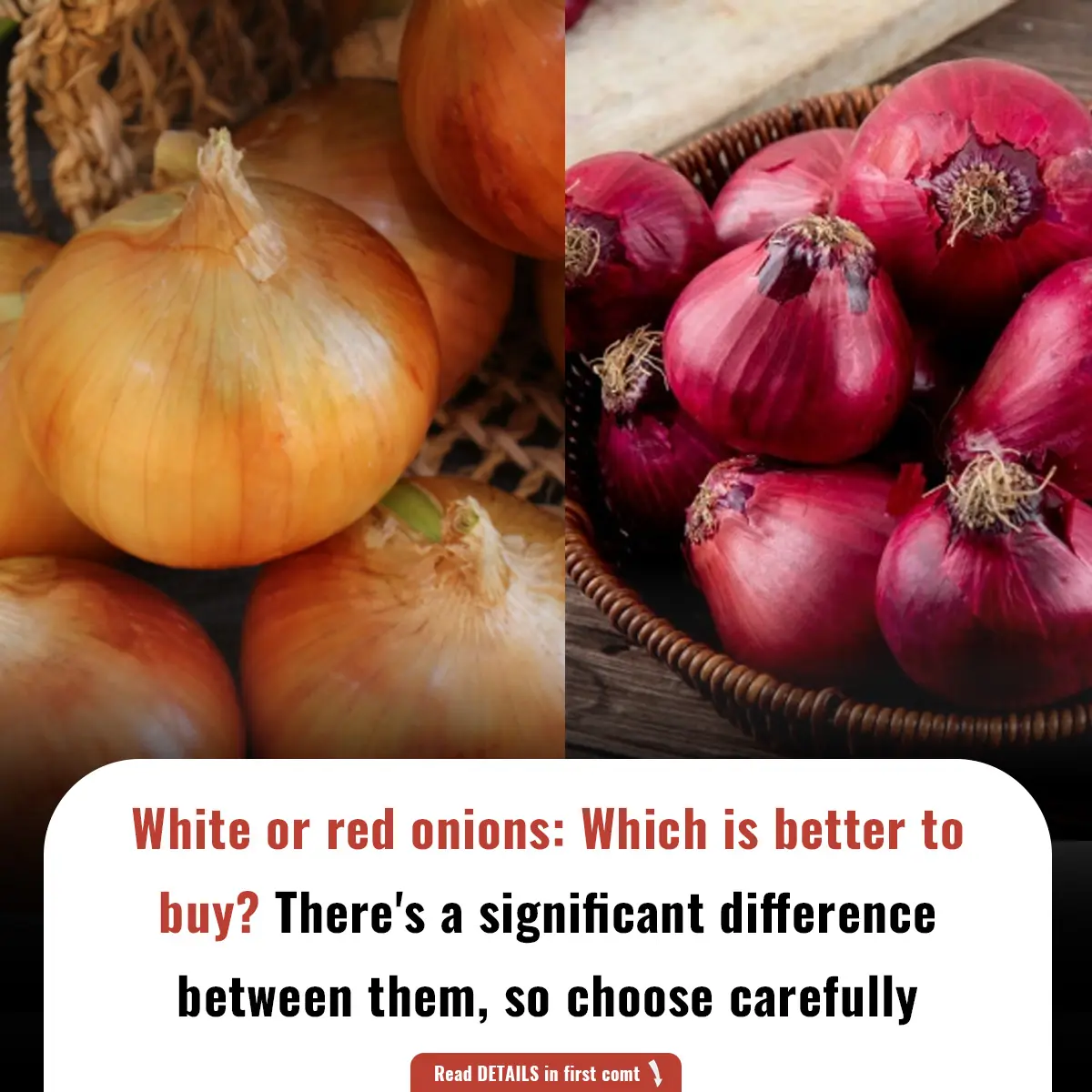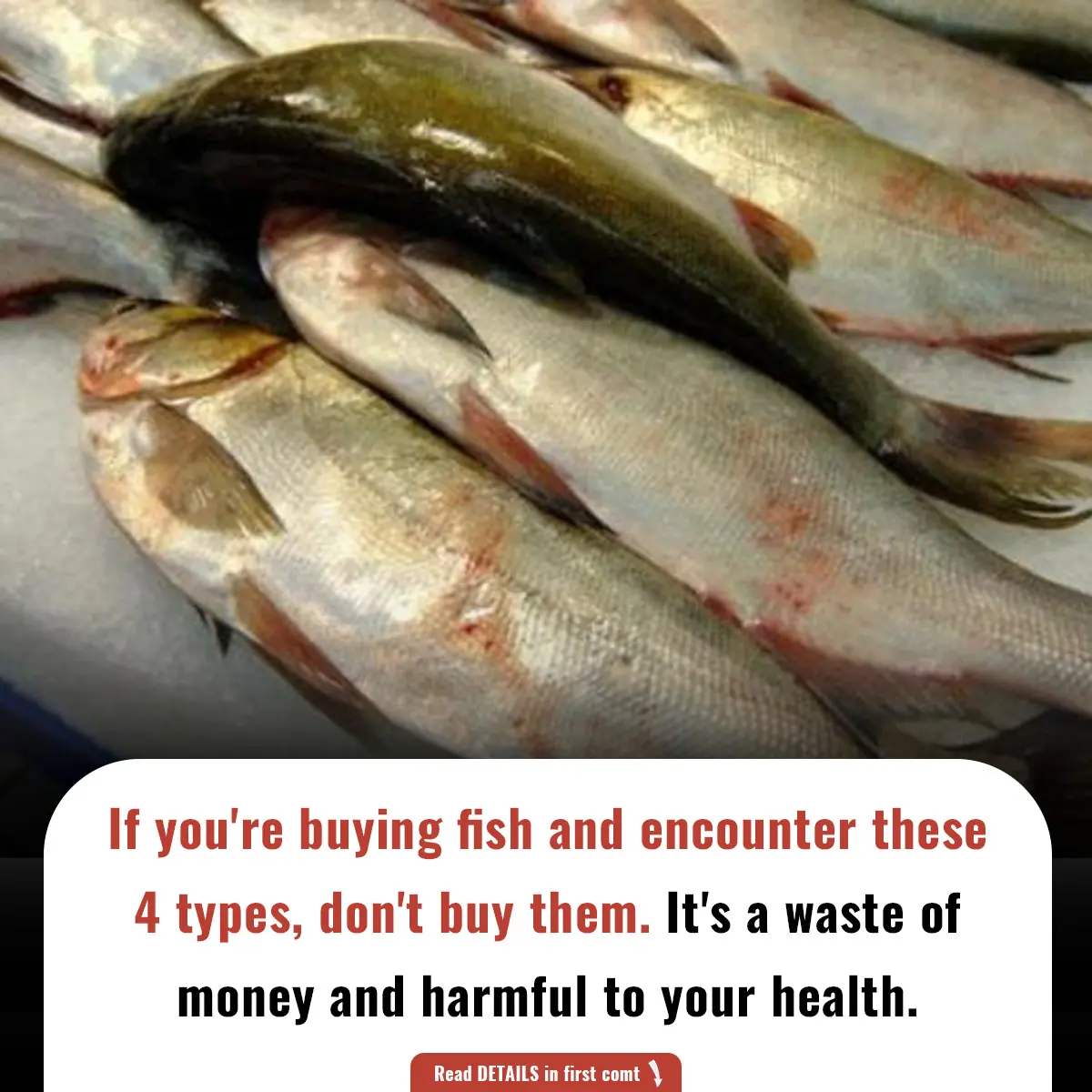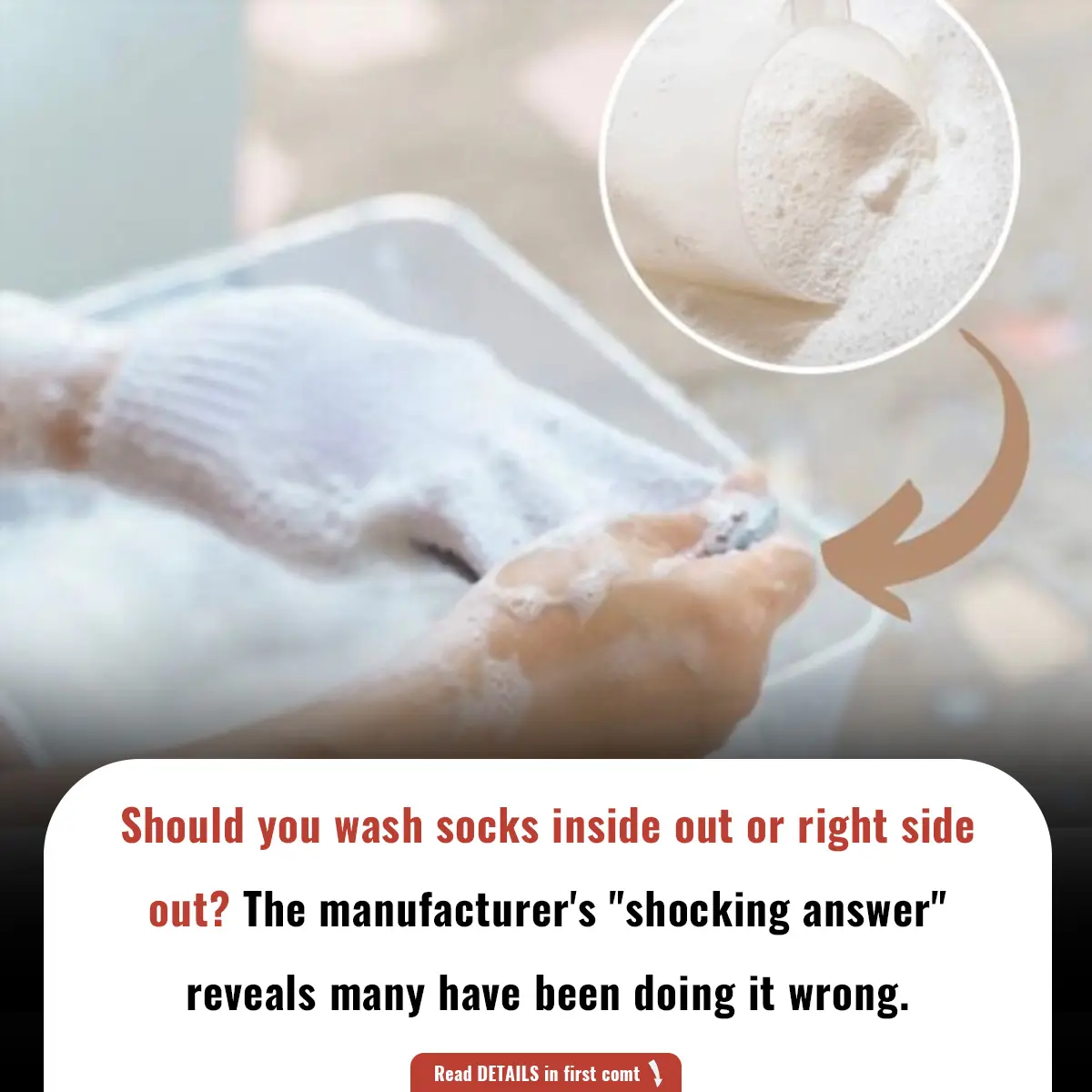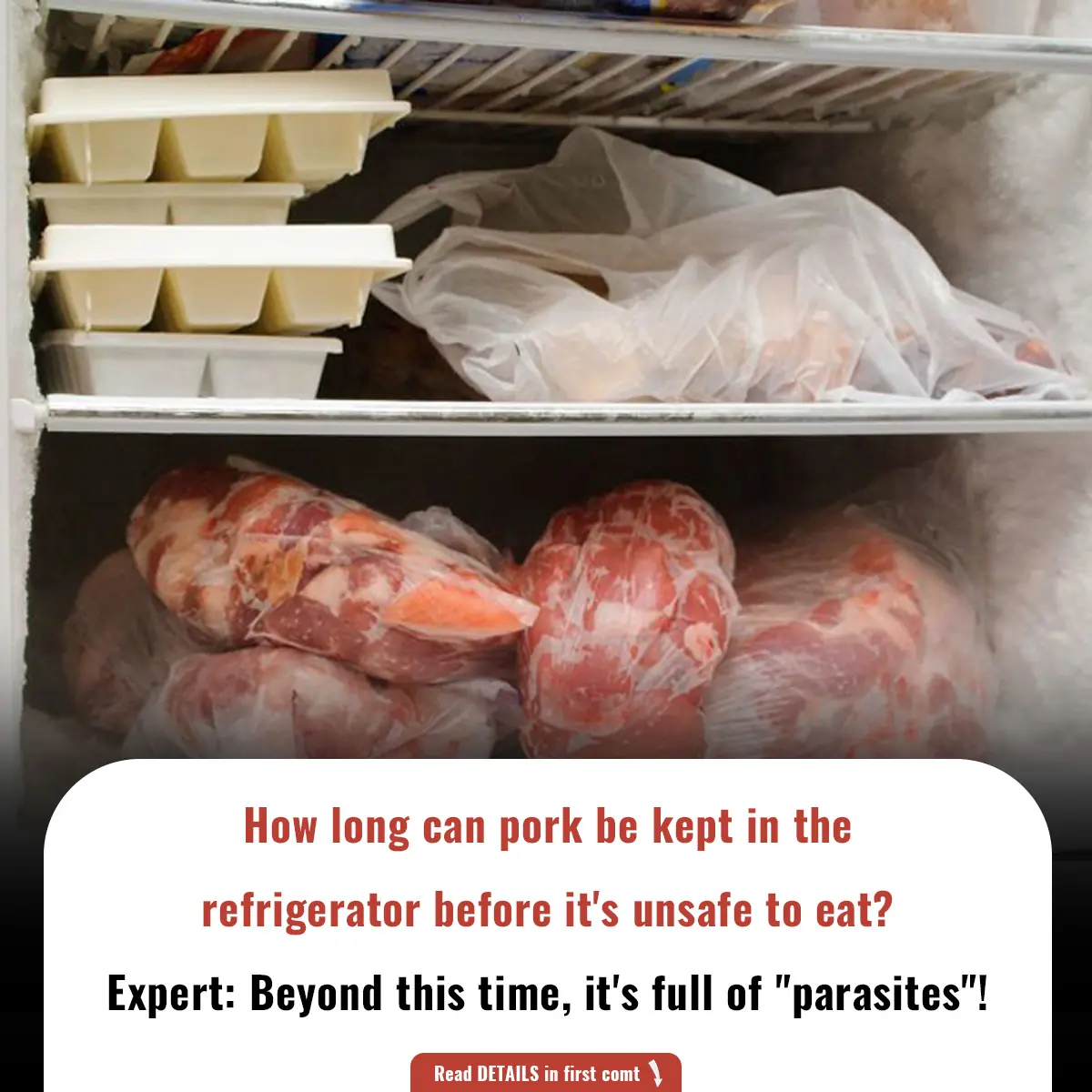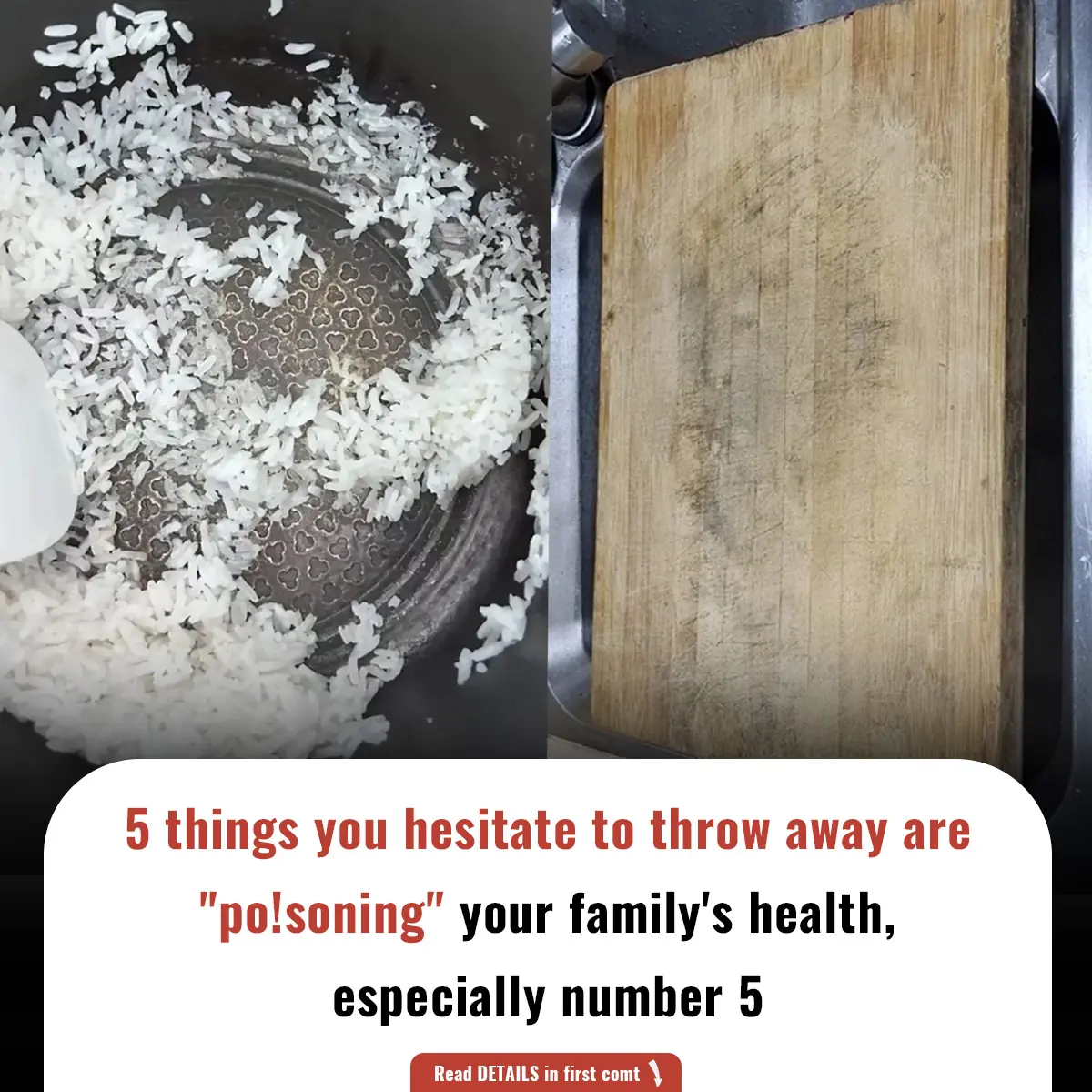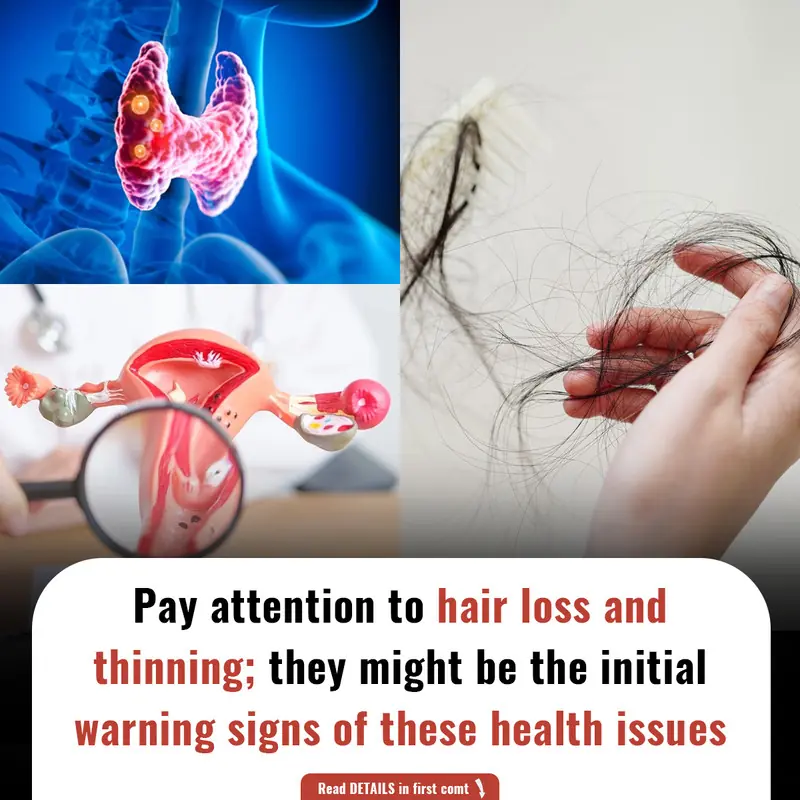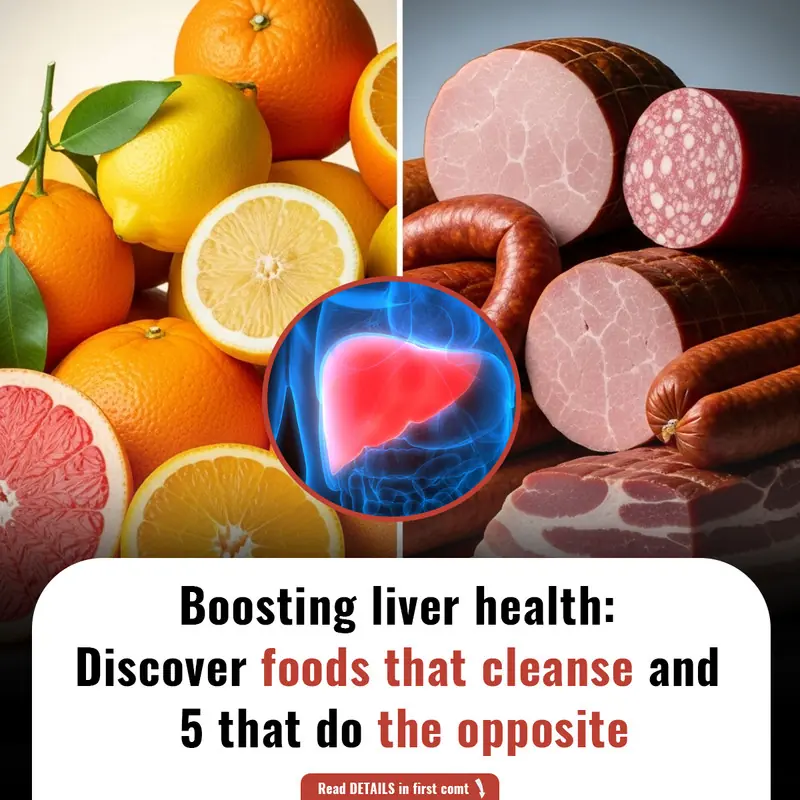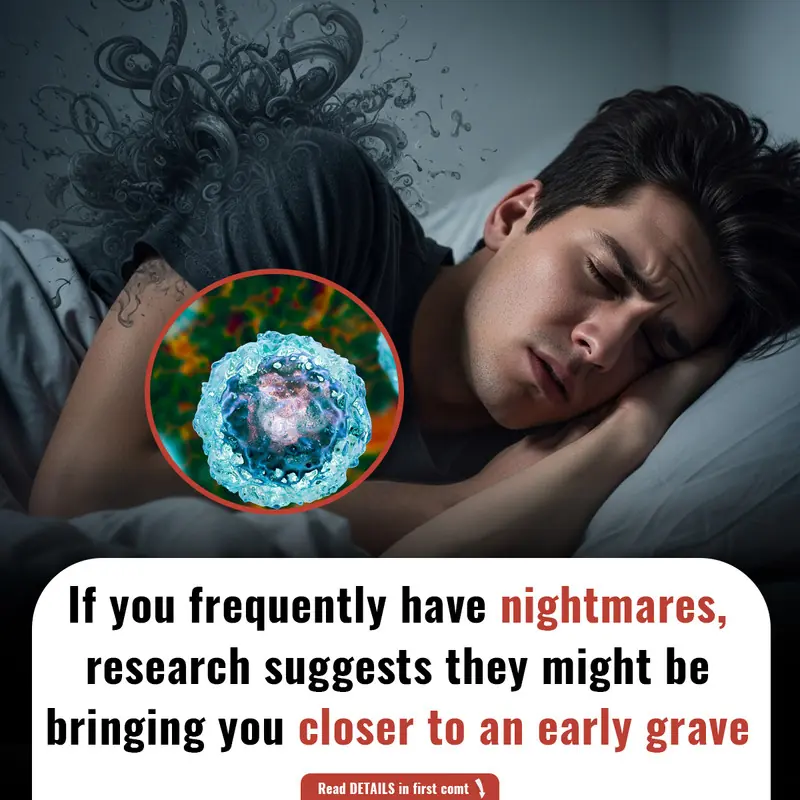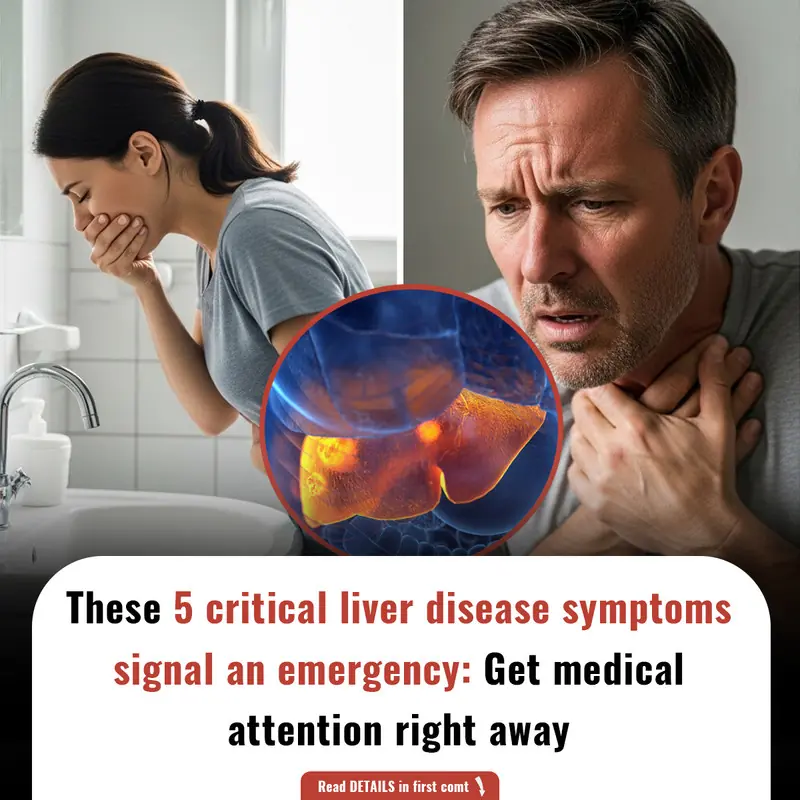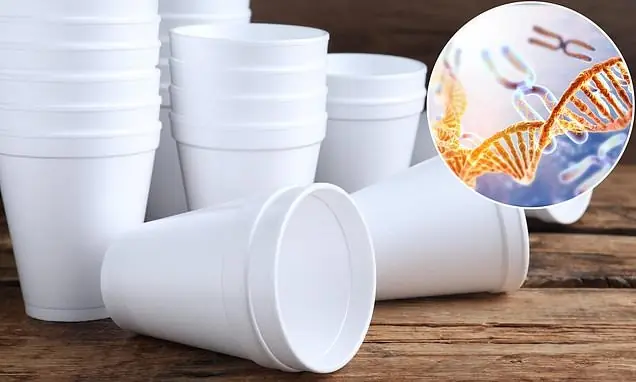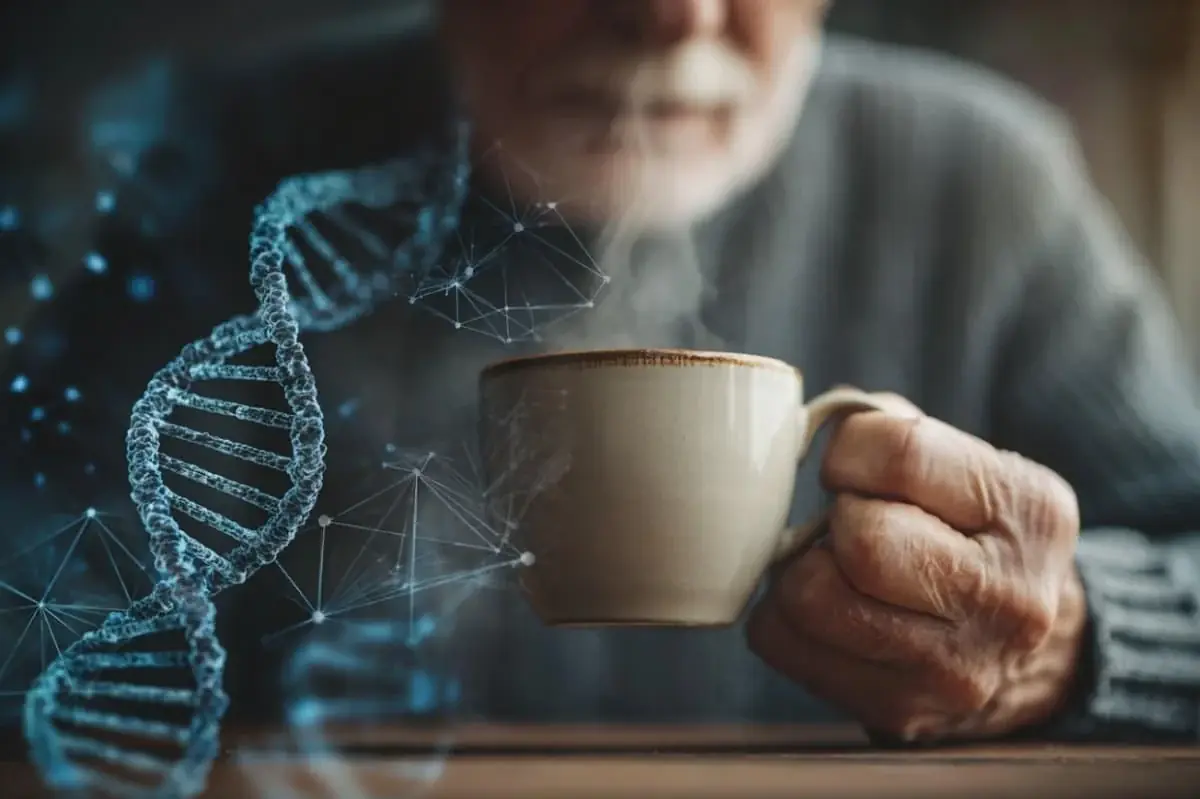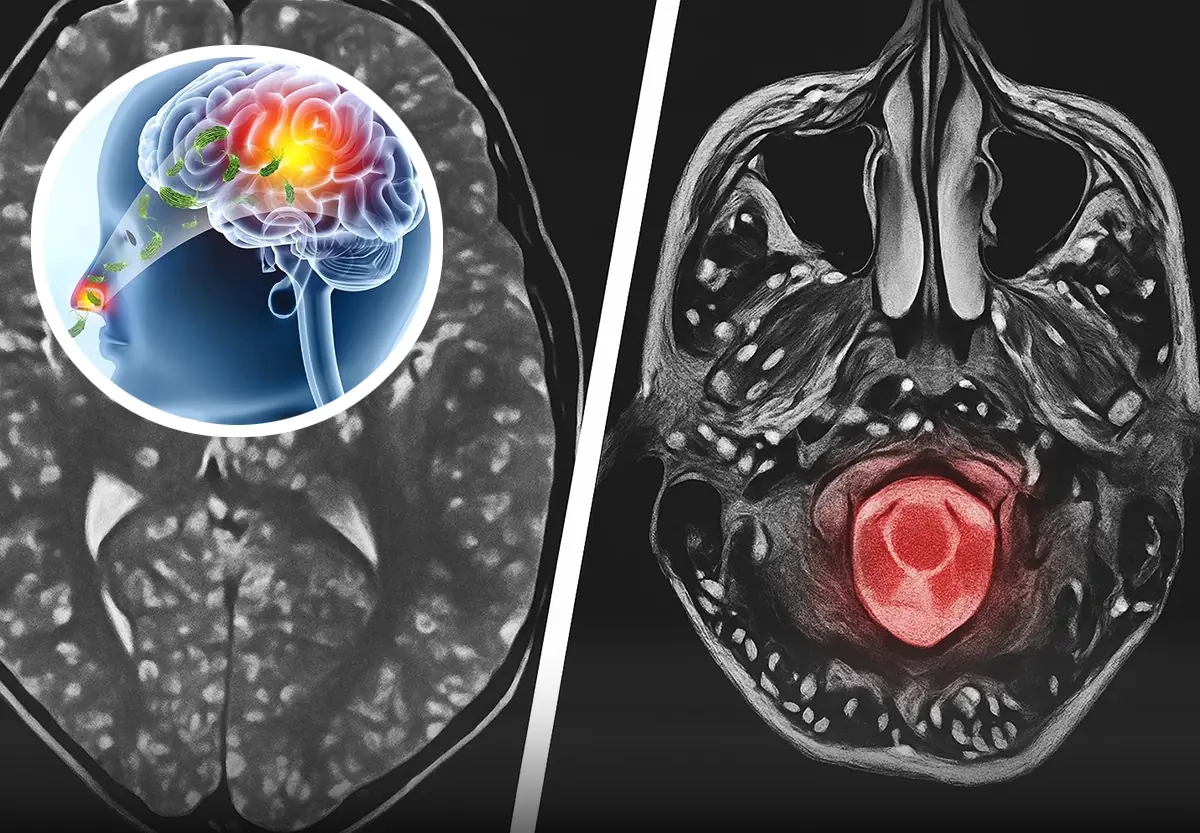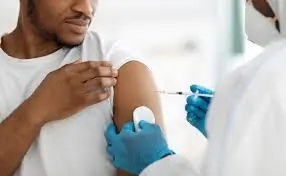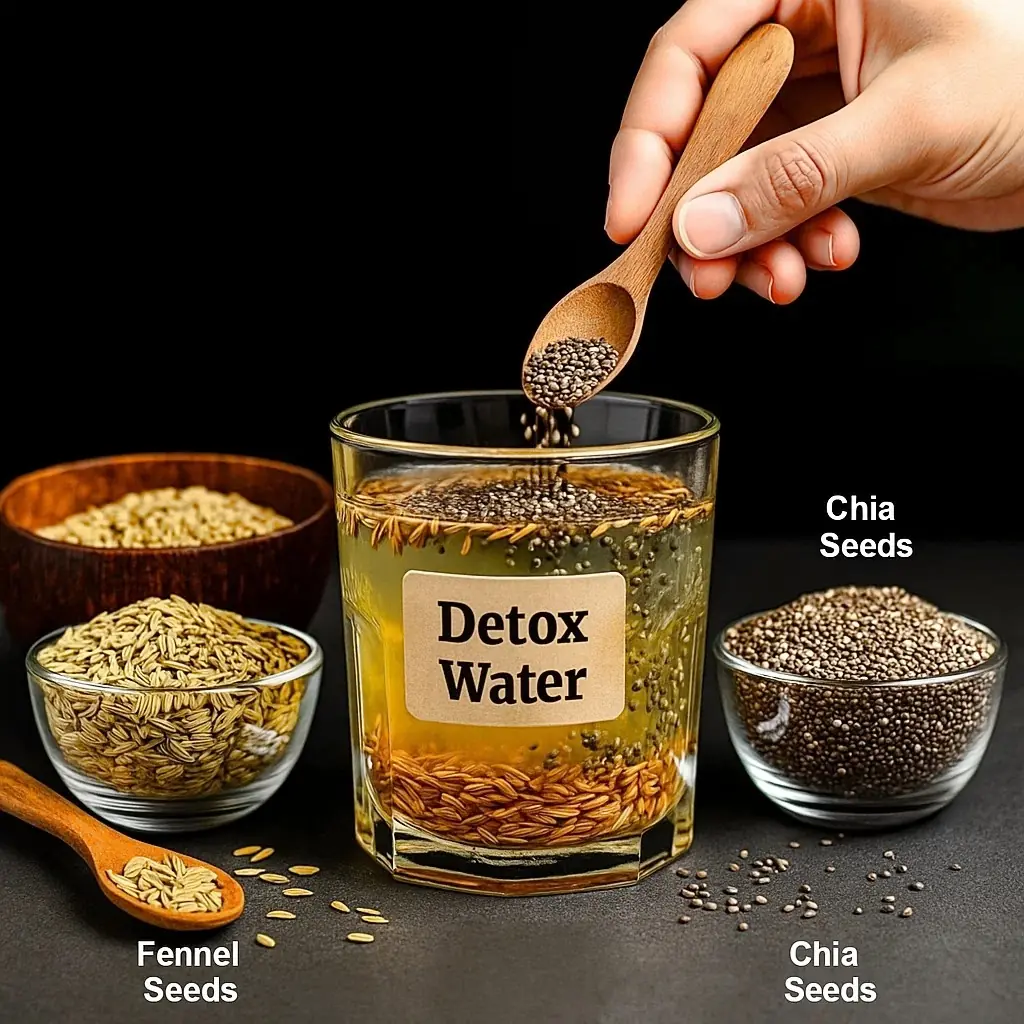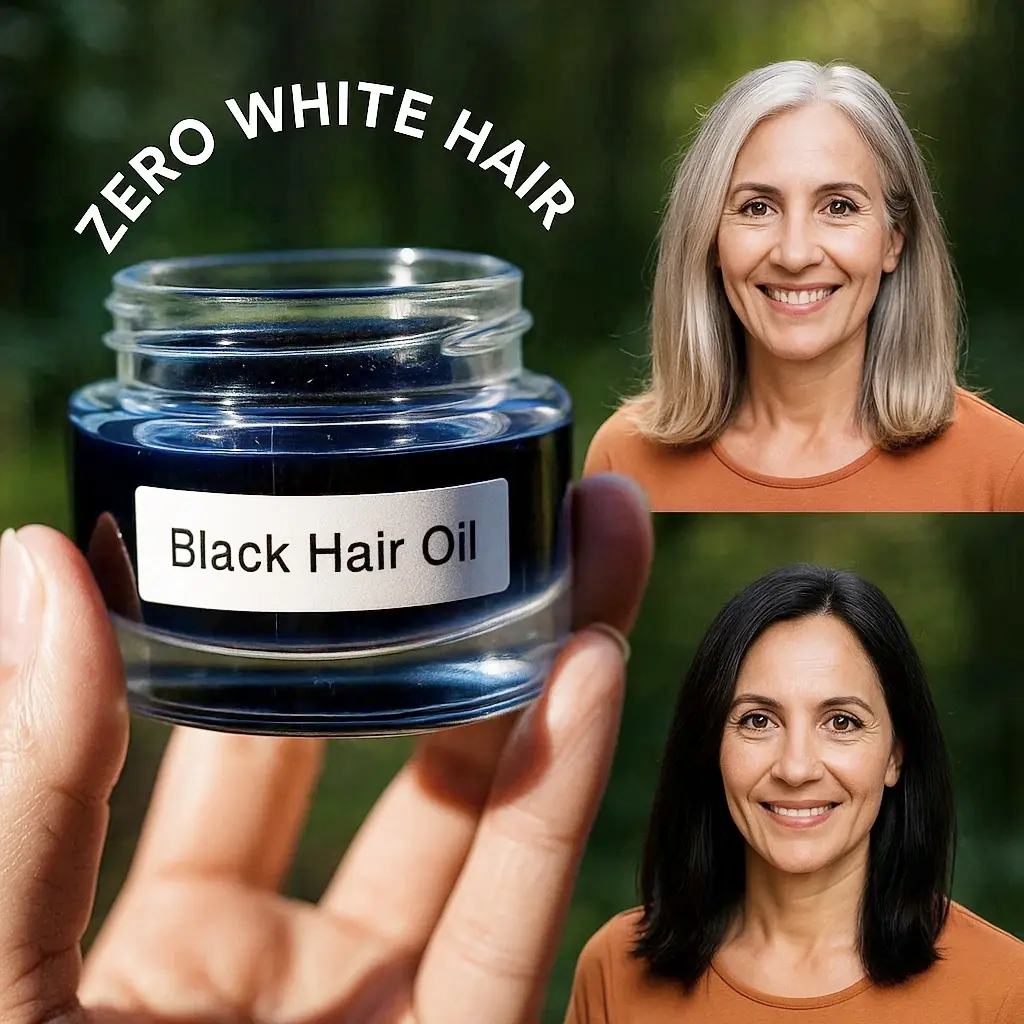Discover how scientists have bioengineered E. coli to turn PET plastic waste into salicylic acid, the active ingredient in aspirin, offering a sustainable solution to plastic pollution and advancing eco-friendly dr:u:g production.
Bioengineered E. coli Converts Plastic Waste into Aspirin's Active Ingredient
In an extraordinary scientific breakthrough, researchers have bioengineered the bacterium Escherichia coli (E. coli), commonly known for its role in foodborne illnesses, to perform an environmentally friendly conversion of PET (polyethylene terephthalate) plastic waste into salicylic acid. This acid is the active component in aspirin, one of the world’s most widely used painkillers.
Turning Plastic into Medicine: A Sustainable Approach
The research, published in the prestigious Science journal, showcases how genetically engineered E. coli bacteria can play a pivotal role in solving two major global issues: plastic pollution and the need for sustainable pharmaceutical production. PET, commonly used in plastic bottles and packaging, is notoriously difficult to break down, contributing to persistent environmental pollution. In the breakthrough study, E. coli bacteria were altered to break down PET into its primary building block, terephthalic acid, which is then transformed into salicylic acid through a series of synthetic biochemical pathways introduced by genetic engineering.
This method not only provides a sustainable approach to addressing plastic waste but also offers an eco-friendly means of producing salicylic acid, which is typically manufactured through traditional chemical methods. By leveraging biological systems, scientists are turning waste materials into valuable pharmaceutical compounds, reducing reliance on conventional, environmentally harmful chemical processes.
A Step Toward Greener Pharmaceutical Production
This discovery is a major leap forward in the field of bio-upcycling — a growing sector where biological systems are used to convert non-biodegradable materials into useful, high-value products. The use of engineered bacteria to produce drugs like salicylic acid could potentially revolutionize the way pharmaceuticals are produced, making the industry more sustainable.
The Potential for a Greener Future
While the concept is still in its early stages, the study opens exciting possibilities for the future. The researchers believe this innovation could be expanded to other types of plastic waste, allowing for the creation of a variety of valuable chemicals from discarded materials. It could also pave the way for creating new methods of producing essential drugs, reducing the environmental impact of pharmaceutical manufacturing.
Conclusion
This breakthrough in bioengineering presents an innovative solution to two of the world’s most pressing challenges: plastic pollution and sustainable drug production. By transforming waste into a valuable pharmaceutical compound, this research sets the stage for future applications of bio-upcycling, offering hope for a cleaner, more sustainable future.
Sources:
-
Science Journal, "Bioengineered E. coli Turns Plastic Waste into Salicylic Acid"
-
Nature, "Bio-Upcycling: Turning Waste into Useful Products"
-
Medical News Today, "Salicylic Acid and its Role in Pain Relief and Anti-Inflammatory Treatments"
